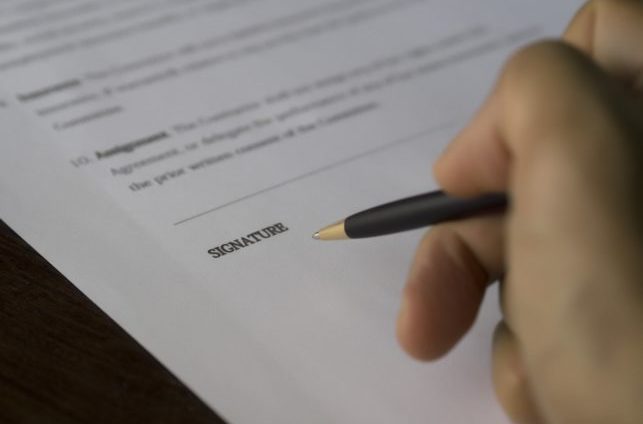
Family trusts are a complex area of the law, but increasingly people are setting them up to protect ownership of their assets and to benefit family members beyond their lifetimes. So what exactly are family trusts and what’s involved? Read on to find out more.
What is a family trust?
When we set up a family trust we transfer legal ownership of our assets to the trustees. So if, for example, the family home is in the trust then we no longer personally own the house but we can continue to live in it so long as that’s what the trust deed says and the trustees agree.
Why set up a trust?
People often set up trusts to ensure their assets are protected in situations such as the following:
- to protect important assets such as the family home from claims by creditors in the event of a failed business venture
- to set aside money for special purposes such as a child’s or grandchild’s education
- to ensure that children rather than their partners keep their inheritances
- to manage the risk of unwanted claims on an estate from say a former partner after death.
How do you set one up?
A legal document called a trust deed is needed to formally set up the trust. It sets out who the trustees and beneficiaries are as well as the rules for the administration and management of the trust. Although there are standard trust deeds that you can download from the internet, it’s best to get the help and advice of a lawyer to ensure your trust does exactly what you want it to.
Once the family trust is formed assets – cash, bank deposits, houses etc. – can then be sold into the trust at market value. Initially this is a paper transaction as the trust won’t have any actual resources with which to pay for the assets. The trust now owes you for the cost of all your assets. Most people who form trusts go through a process called gifting to discharge the debt the trust owes. There are complex rules around gifting and so it’s best to get some specialist advice on this before proceeding.
What are the risks?
The main risks relate to trusts not been set up properly or managed well. A legally drawn up deed is, therefore, essential along with clear records and ongoing documentation.
When you set up a trust you no longer have ownership of your assets, as a result there is a loss of personal control and so if you do go down this route make sure it’s for the right reasons. There have been many cases of family members suing other family members for a breach of the trust’s provisions. And these sorts of situations can be very costly to resolve.
We’ve only skimmed the surface here, but the bottom line is that family trusts can be useful in certain situations. They are also complex and highly technical and so it’s very important to get professional advice before going ahead.